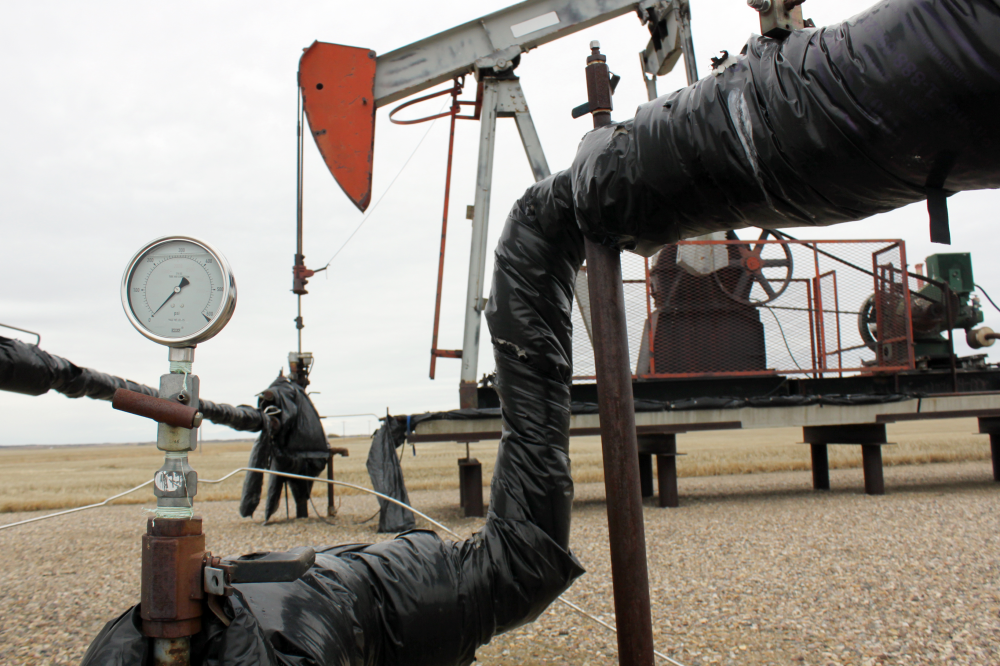This month, the Alberta government announced it is undertaking a full review of its energy regulator, a move being touted as critical to ensuring the province’s resources are being “efficiently” developed. Hot on the heels of this announcement was last week’s problematic news that three provincial probes found Alberta’s energy regulator “recklessly” threw $5.4 million at a project outside its mandate. But talk about everything from gross mismanagement to alleged inefficiencies is distracting the public from the real issues a credible regulator needs to tackle.
In calling for the review, Energy Minister Sonya Savage emphasized the fact “non-routine” approvals take twice as long to complete in Alberta as in Saskatchewan, and four times as long as in Texas. She implied the entire system is lagging on its 40,000 annual applications, and needs an overhaul to greenlight all energy projects more quickly.
That couldn’t be further from the truth. The minister made her case on “non-routine” approvals, but the fact is these requests make up less than five per cent of all AER submissions. According to the AER, approximately 95 per cent of all AER submissions are classified as “routine.” Those submissions have an estimated processing time of five business days. Suddenly the scope of the problem isn’t as severe.
Minister Savage chose not to mention existing plans to roll out a 15-minute automated process for these low-risk “routine” applications — a process that removes human regulators from the equation entirely. The so-called “efficiency” problem just diminished even more.
In fact, it was a “red-tape reduction” effort that led to the 2013 creation of the AER in the first place: to streamline approval processes by pulling regulation of Alberta’s oil, gas and coal sectors together under one roof. Faster approvals were an ongoing concern and, over the years, the AER launched programs to approve multiple applications in one step. Before the review was announced, the AER had already promised to cut processing times in half by the end of the year.
However, a credible regulator — indeed, a “world-class regulator” — needs to manage more than just pushing out fast approvals, especially considering the size and complexity of Alberta’s oil, gas and coal resources and ongoing, growing concerns about liabilities.
[tweetthis: A credible regulator — indeed, a “world-class regulator” — needs to manage more than just pushing out fast approvals.]
What makes a world-class regulator? Far beyond obsessions with fast approvals, the AER’s founding core attributes of “utmost integrity” and “stellar competence” are crucial to ensuring the AER is seen as fair, not just for industry, but for the Albertans who deal with development in their backyards and have to live with its legacy.
Albertans need to know that the company drilling a well on their land will follow the rules, pay the rent and clean up its mess. When they have concerns about impacts on air or water quality, Albertans need to know the regulator has the tools and staff to investigate, assess and resolve the problem. Ultimately, they need to have confidence the regulator has the best interests of the public in mind. Because ultimately, that is who the regulator is supposed to protect.
The previous regulator, in tandem with multiple government ministries, struggled to deal with a growing number of issues: a steep increase in inactive and un-reclaimed wells; the harmful cumulative effects of more development in smaller areas; and public insistence on thoughtful, adequate consultation. The new amalgamated regulator launched strong initiatives to manage these concerns, but those have lost steam over recent years as staff and support have been redirected toward speeding up approvals.
There is considerable risk for everyone involved if this upcoming review loses focus on the attributes that really matter in a regulator. Any move that further erodes the capacity of the AER to prioritize people and the environment will also erode the credibility of an industry that advertises itself as world-class.
The AER’s problem is not slower-than-Texas approvals of non-routine, high-risk projects. The real problem is that as a regulator, the AER is losing the ability to protect people, property and the environment. As Alberta is increasingly called on to demonstrate how it is better than global competitors in an ever-changing and increasingly competitive energy market, it would be wise if this review prioritized the regulator’s credibility above all else.
Nikki Way is a senior analyst with the Pembina Institute and co-author of the Landowners’ Guide to Oil and Gas Development.
This article originally appeared in the Edmonton Journal on Oct. 12, 2019.








